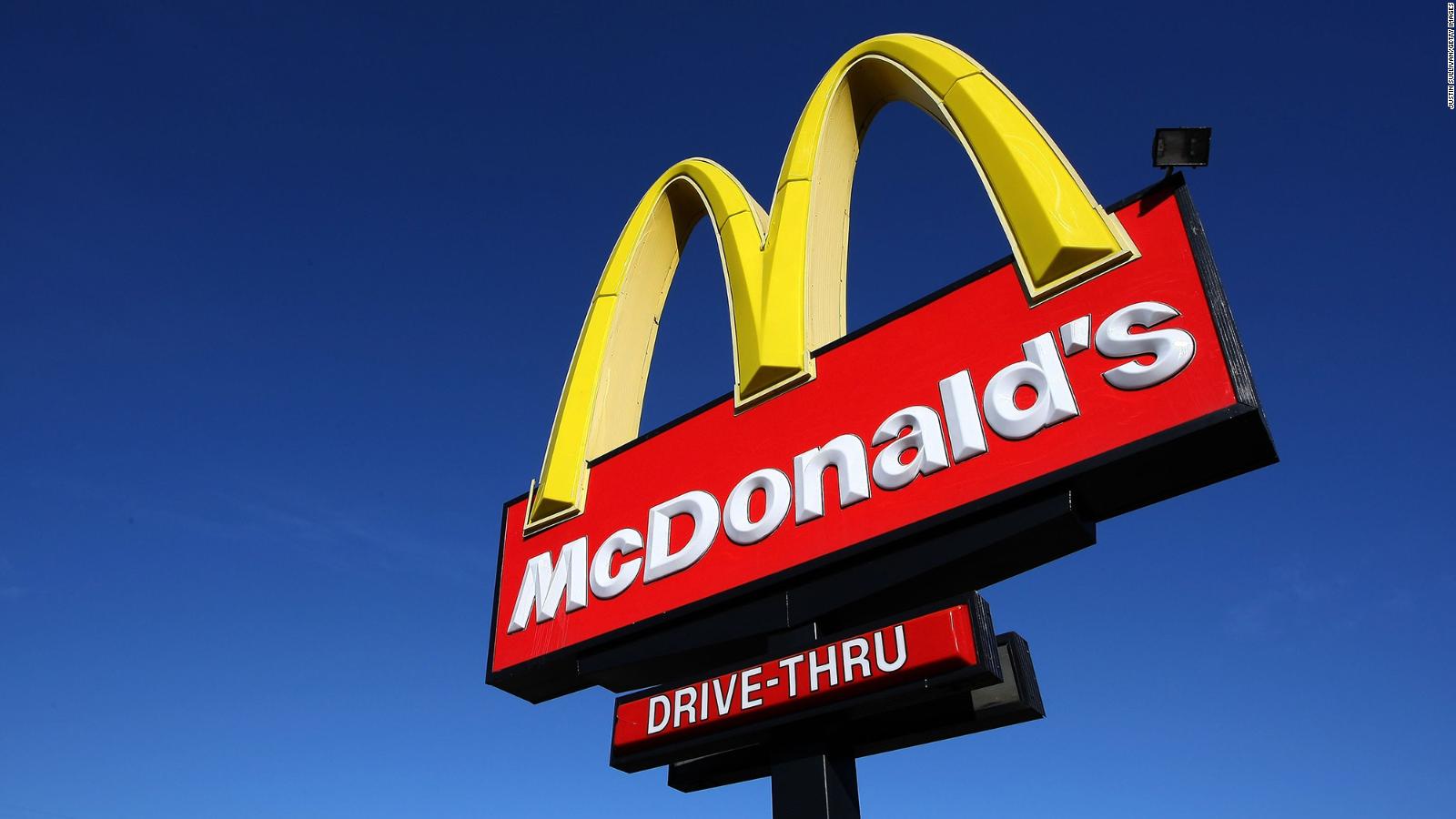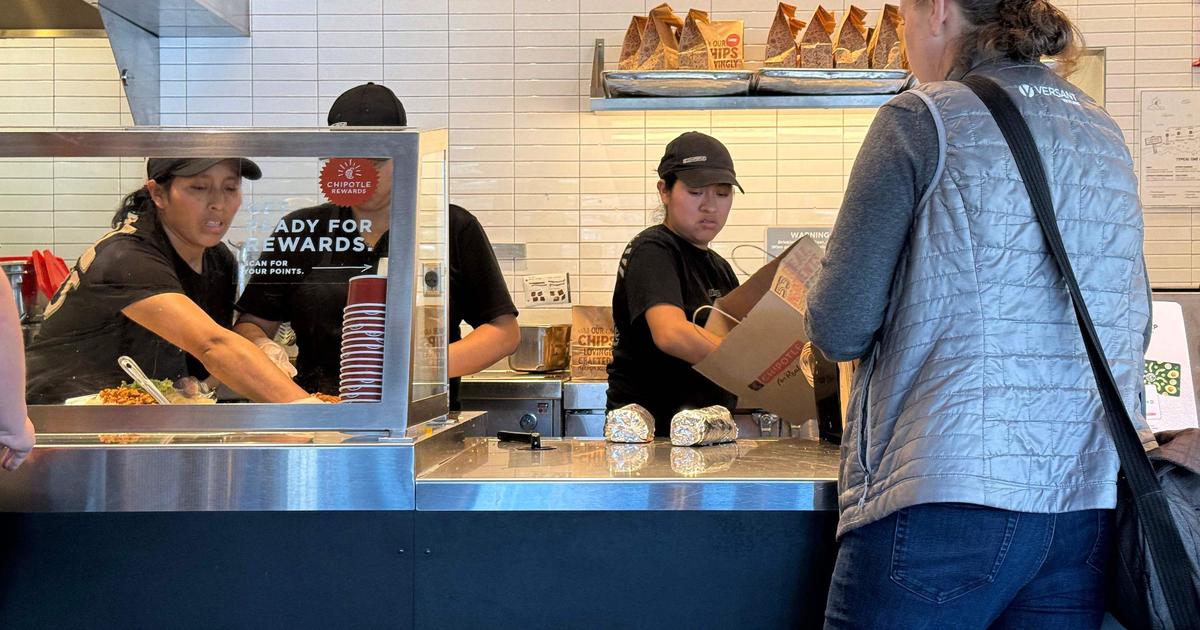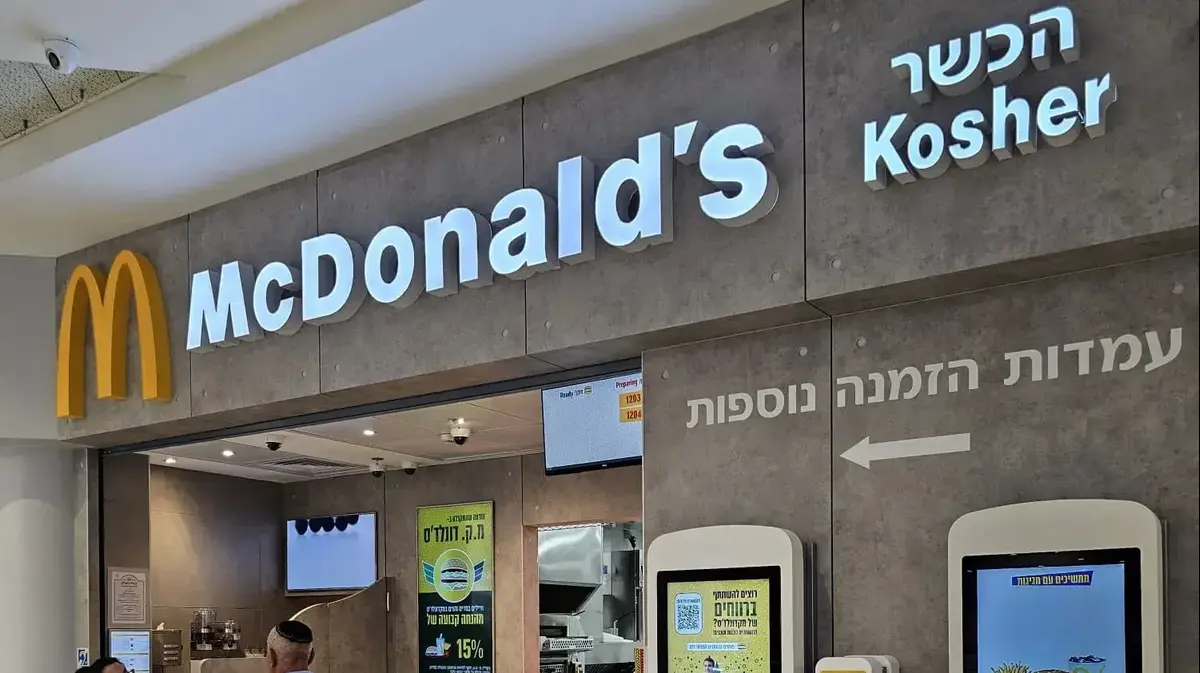McDonald's announces restructuring and layoffs 0:48
(CNN) --
California voters will decide next year in a referendum that could repeal a new state law that sets working conditions and minimum wages of up to $22 an hour for fast-food employees in the nation's largest state. .
Chipotle, Starbucks, Chick-fil-A, McDonald's, In-N-Out Burger and Yum! owner KFC each donated $1 million to Save Local Restaurants, a coalition opposing the legislation.
Other major fast food companies, business groups, franchise owners and many small restaurants have also criticized the legislation and have spent millions of dollars opposing it.
Walmart raises minimum wage from $12 to $14 to retain workers
The measure, known as the FAST Act, was signed into law last year by California Governor Gavin Newsom and was scheduled to take effect on January 1.
On Tuesday, the California secretary of state announced that a petition to stop the implementation of the law had gathered enough signatures to qualify for a vote on the ballot in the 2024 state general election.
The disputed initiative could transform California's fast-food industry and serve as a benchmark for similar policies in other parts of the country, advocates and critics of the measure argued.
The law is the first of its kind in the United States and authorized the formation of a 10-member Fast Food Council, made up of labor, employer and government representatives.
The Council was intended to oversee the labor standards of workers in the state's fast food industry.
advertising
The council also had the authority to set industry-wide minimum standards for wages, health and safety protection, time off policies, and anti-retaliation remedies for workers at fast-food restaurants with more than 100 locations nationwide.
The council could raise the fast food industry's minimum wage up to $22 an hour, compared to the $15.50 minimum in the rest of the state.
Thereafter, that minimum would rise annually based on inflation.
A Starbacks chain store.
California's fast food industry has more than 550,000 workers.
Nearly 80% are people of color and about 65% are women, according to the Service Employees International Union, which has endorsed the law along with the Fight for $15 movement.
Advocates for the law, including unions and labor groups, see this as an innovative model for improving wages and conditions for fast food workers and overcoming obstacles to unionizing workers in the industry.
They argue that success in California may lead other worker-friendly cities and states to adopt similar boards regulating the fast food and other service industries.
Less than 4% of restaurant workers nationwide are unionized.
Labor law in the United States is structured around unions that organize and bargain at each individual store or plant.
This makes it nearly impossible to organize workers at fast food and retail chains that own thousands of stores.
The California law would move the state closer to industry bargaining, a form of collective bargaining in which workers and employers negotiate wages and standards for an entire industry.
Opponents of the law say it is a sweeping move that will have damaging effects.
They argue that it unfairly targets the fast food industry and will raise prices and force companies to lay off workers, citing an analysis by UC Riverside economists that found that if restaurant workers' compensation increases by 20%, Restaurant prices would increase by approximately 7%.
If restaurant workers' compensation increased by 60%, limited-service restaurant prices would increase by as much as 22%, according to the study.
“This law creates a food tax on consumers, kills jobs and drives restaurants out of local communities,” the Save Local Restaurants coalition said.
They find dangerous chemicals in the packaging of the main fast food restaurants and supermarkets
On Wednesday, McDonald's US president Joe Erlinger criticized the law as being pushed by struggling unions, saying it leads to "an unelected council of political pundits, not local business owners and their teams ", making key business decisions.
Opponents turned to a similar strategy used by Uber, Lyft and gig companies seeking to repeal a 2020 California law that would have required them to reclassify drivers as employees, rather than "independent contractors," which would provide them with benefits such as such as minimum wage, overtime, and paid sick leave.
In 2020, Uber, Lyft, DoorDash, Instacart and others spent more than $200 million to successfully persuade California voters to pass Proposition 22, a ballot measure that exempted companies from reclassifying their workers. as employees.
fast food wages



/cloudfront-eu-central-1.images.arcpublishing.com/prisa/M5DXFDCQS2G3MCQP5JGIA3Y7EE.jpg)


/cloudfront-eu-central-1.images.arcpublishing.com/prisa/PVGW65ZK4PGIEFX6PIHO7GCBHU.jpg)







